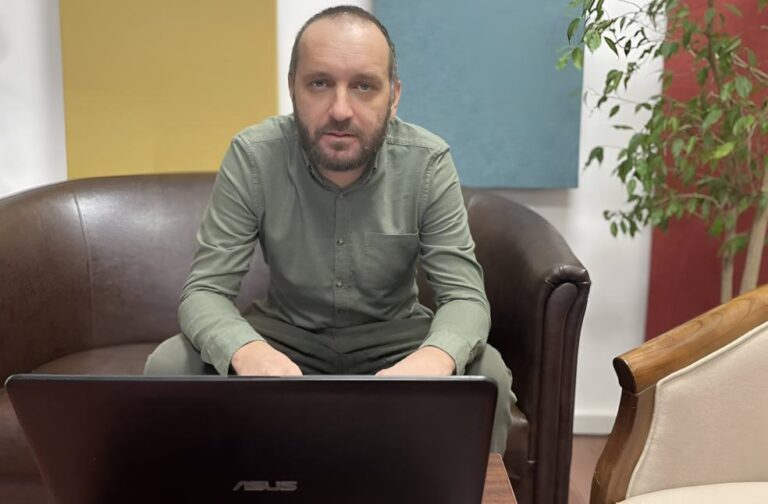Serbia: A report by Amnesty International has revealed that Serbian police and intelligence agencies are using cutting-edge mobile forensics tools and undisclosed spyware, NoviSpy, to surveil journalists, environmental campaigners, and civil rights activists unlawfully.
The report highlights the use of Cellebrite products, developed by the Israeli firm known for its mobile data extraction technology, to access and unlock smartphones. Once opened, NoviSpy spyware is installed, enabling leaders to collect sensitive personal data, remotely activate cameras and microphones, and strengthen surveillance.
Dinushika Dissanayake, Amnesty International’s deputy regional director for Europe, stated that Serbian authorities are utilising these technologies as tools of state control. Dissanayake stated that, “When used outside strict legal frameworks, Cellebrite products pose an enormous risk to rights activists.”
One notable case concerns investigative journalist Slavisa Milanov, who was detained briefly in February under the pretence of a drink-driving test. Milanov’s Android phone, surrendered while switched off, was later tampered with at the police station. Amnesty’s forensic analysis found that a Cellebrite tool was utilised to unlock the phone, and NoviSpy spyware was subsequently installed.

Similar tactics were used against environmental activist Nikola Ristic and other members of civil society groups, including Krokodil, an organisation promoting Balkan reconciliation. Forensic evidence connects the deployment of NoviSpy to Serbia’s Security Information Agency (BIA).
Amnesty’s Security Lab head, Donncha O Cearbhaill, confirmed that the spyware’s installation relied on Cellebrite’s advanced UFED technology. Amnesty also advised Google of the spyware, which has since been removed from affected devices.
Activists targeted by surveillance have described the psychological toll. An anonymous activist stated that, “It’s incredibly painful; anything you say could be used against you.” Others expressed the difficult choice between self-censorship and continuing their work despite potential repercussions.
The report reaches for stricter accountability measures for companies like Cellebrite, advising them to ensure their products are not misused to enable human rights violations. While Cellebrite asserts its tools are strictly for lawful use under proper warrants, Amnesty’s findings indicate otherwise.
Both Cellebrite and Serbian authorities refused to comment on the report. Amnesty has urged stricter due perseverance by digital forensic companies to prevent abuse of their technologies in ways that threaten civil liberties.



